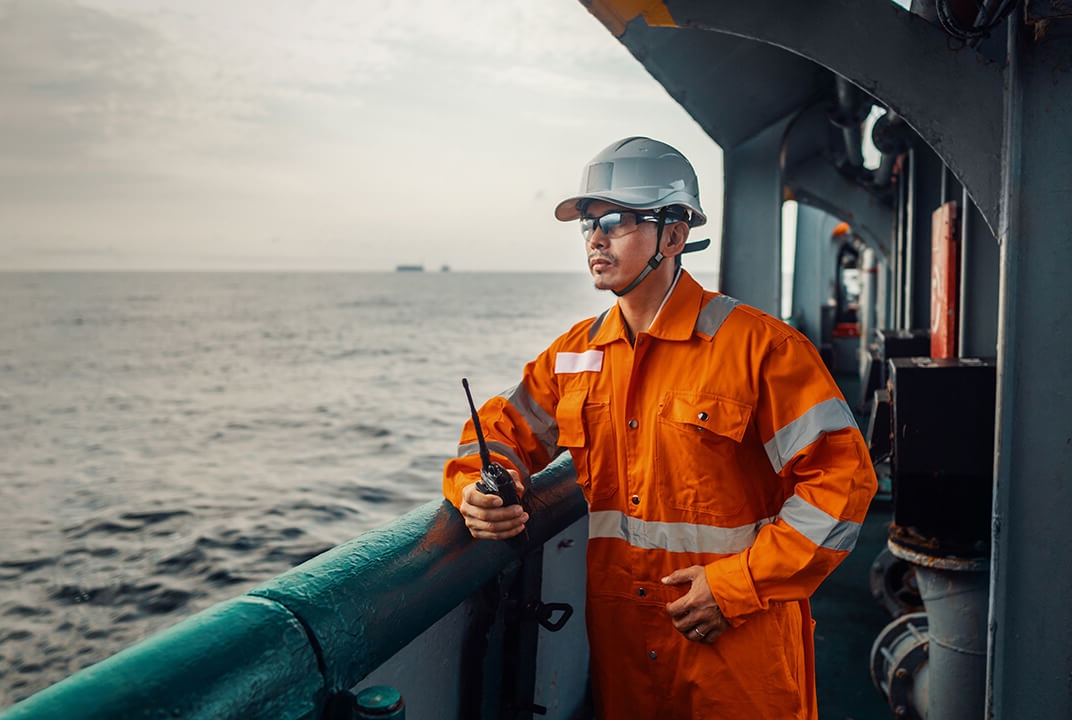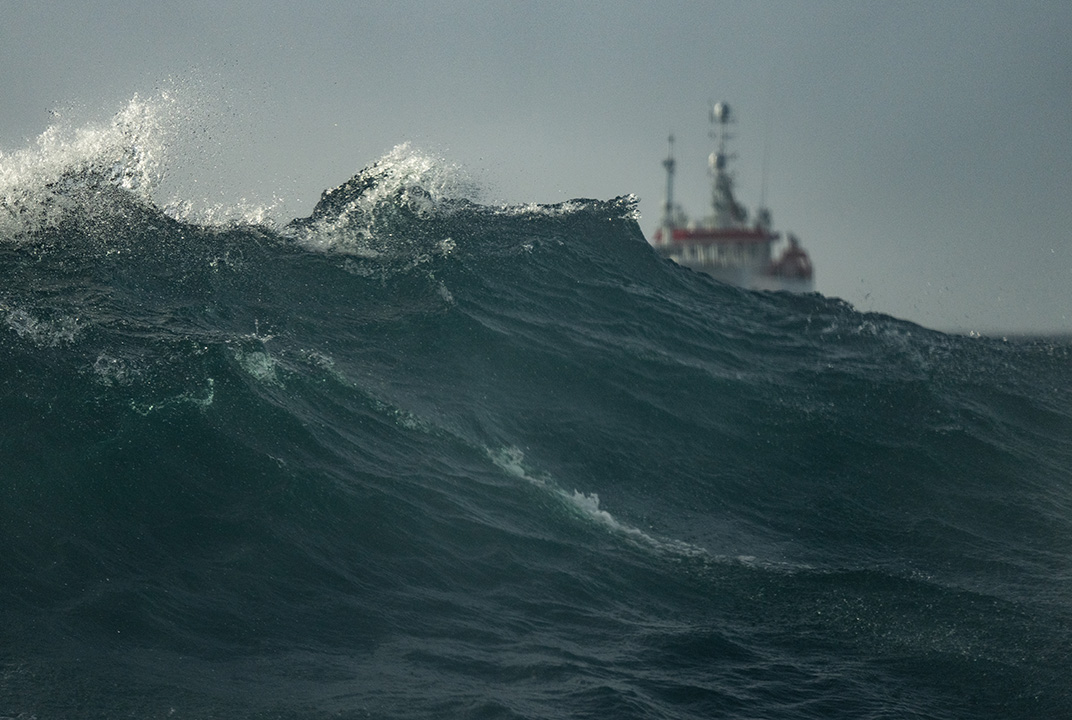Insight | Honouring Excellence in Rescue Operations
Honouring Excellence in Rescue Operations
Maritime
Successful search and rescue requires people and systems to work together. We call it the Search and Rescue (SAR) ecosystem. The rescuer pulling the people to safety from the water is the image and the end of a story that will have started with an alert, coordination of efforts, analysis and evaluation, a search and ultimately the relief of rescue.
At every step there are people making decisions, using technology, utilising networks, implementing plans to make the rescue as quickly as possible. With any delays increasing the potential for loss of life, the more efficient and effective the systems and structures the greater possibility of success.
The International Maritime Rescue Federation (IMRF), with the support of SAR partners McMurdo, will next month celebrate organisations and individuals who through their actions, ideas and innovation have improved the SAR ecosystem, with the first IMRF H.E.R.O. awards.
The H.E.R.O. awards are focused on recognising not only individuals for courageous rescue missions, but also the support networks and organisations which enable such missions to take place by providing exceptional response and co-ordination as well as technical innovations and development initiatives.
We are delighted to have the opportunity through Inmarsat sponsorship, to recognise and pay tribute to a man who dedicated his life to improving SAR, Vladimir Maksimov. Vladimir was one of the architects of its Maritime Safety Operations network. He died on 4th May 2016 after a short illness, following 25 years with Inmarsat. Mr Maksimov played a central role in the Inmarsat safety team.
This year’s shortlist award for ‘The Vladimir Maksimov Award’ recognising outstanding service to maritime search and rescue will be announced soon and the winner will be known on the 15 November.
The aim of these Awards is to recognise and thank courage and exceptional performance, both by individuals and organisations, all of whom are making a major contribution to SAR. By highlighting these achievements, we hope to gain further recognition by the wider international community including governments, non-governmental organisations, the news media, and the general public. The Awards will take place at ceremonies in Lisbon and Washington.
The International Maritime Rescue Federation is an international charity based in the UK with the aim of preventing loss of life in the world’s waters. We are the hub of a membership based worldwide organisation dedicated to spreading the word about good practice in maritime search and rescue and are constantly on the look-out for innovative ideas.
Through workshops, seminars and conferences, as well as the European Lifeboat Crew Exchange this year drawing participants from 13 countries and so far involving 180 volunteers, we talk and learn about how best to run maritime search and rescue operations.
We do this with the support of 127 member organisations, and through our Asia Pacific Regional Centre, sharing life-saving ideas, technologies and experiences and freely cooperating with each another.
Most recently the IMRF also coordinated support response by our larger European Members to help with the migrant crisis in the Aegean Sea. Members provided boats, training, equipment and other support to local members the Hellenic Rescue Team , so saving thousands of lives.
This year to further raise awareness we have launched the H.E.R.O. Awards with the aim of drawing attention to the life-saving work done in SAR across the world. The Awards are focused on recognising not only individuals for courageous rescue missions, but also the support networks and organisations which enable such missions to take place, by providing exceptional response and co-ordination as well as technical innovations and development initiatives.
About the author
Bruce Reid joined the IMRF as CEO in September 2012, relocating from New Zealand to the United Kingdom. In his four years at the helm, he has brought the organisation to a higher level of support for all maritime SAR organisations around the world. The IMRF advocates for more effective SAR systems at the International Maritime Organization (IMO) where it has consultative status. Key projects in areas such as Mass Rescue Operations, Rescue Boat Guidelines and the Lifeboat Crew exchange is helping improve global SAR and ultimately saving more lives of those in distress.
Bruce has spent the past 13 years heading Charities and Not for Profit Organisations – his most recent role was CEO of Coastguard New Zealand, when he was also part of Central Government strategic groups such as the Drowning Prevention Council, NZ Search and Rescue Consultative Committee and Pleasure Boat Safety Forum.


